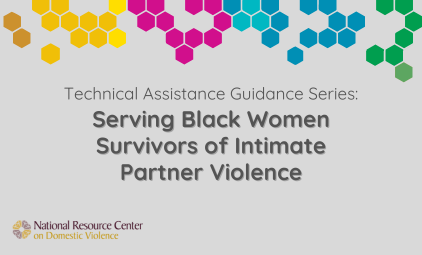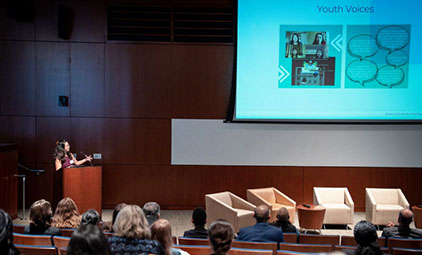Half of all sexual assault perpetrators are under the influence of alcohol at the time of the assault, with estimates ranging from 30% to 75%. There are three explanations for the frequent co-occurrence of alcohol and sexual violence perpetration and each is relevant for some perpetrators. The first explanation is that alcohol plays a causal role in some sexual assaults. Alcohol is one of many risk factors that increase the likelihood that a man will feel comfortable forcing sex on an unwilling woman. The second explanation is that the desire to commit sexual assault plays a causal role in the decision to consume alcohol. Some perpetrators may drink alcohol because it makes it easier to engage in disinhibited and aggressive acts. Finally, for some perpetrators there is another underlying factor that is the cause of both the sexual violence and the alcohol consumption. For example, men with antisocial personality traits are more likely than other men to drink heavily and to commit a variety of aggressive acts including sexual violence. None of these explanations reduce perpetrators' responsibility for their actions. However, identifying the different ways alcohol relates to perpetration aids in the development of effective sexual violence prevention strategies.
Alcohol increases the likelihood of sexual assault perpetration through pharmacological and psychological mechanisms. Alcohol is absorbed by the brain and reduces the ability to make complex decisions. Often this produces a focus on short-term positive rewards and a failure to consider the long-term negative consequences of behavior. Impulse control is also reduced by alcohol, making it harder for people to stop themselves once they have decided to engage in a behavior. Just a few drinks consumed in a short time period are usually enough to produce reductions in cognitive capacity. Studies which have compared intoxicated and sober men's behavior have demonstrated the link between intoxication and increased aggression.
People also have strong beliefs about how alcohol affects behavior. American culture glamorizes alcohol consumption and links it to sexual desire, sexual performance, aggression, and other types of disinhibited behavior. These beliefs provide "liquid courage" and an excuse for some perpetrators.
Survey researchers have addressed questions about the uniqueness of intoxicated perpetrators and situations. Intoxicated perpetrators do not appear to fundamentally differ from other perpetrators, except they consume more alcohol and have stronger beliefs about alcohol's effects on themselves and women. Perpetrators' use of aggressive strategies tend to increase with intoxication; however, at extremely high levels of intoxication they frequently lack the capacity to complete the rape. When alcohol is involved, perpetrators are less likely to know the victim well and are more likely to spend time with the victim at a party or bar.
Although there are some promising practices, there are few rigorously evaluated sexual violence prevention programs and these do not focus on alcohol. Furthermore, many of these programs have been implemented with college students and only assess short-term knowledge and attitude change. Within the sexual violence prevention field, there is an awareness of the need to develop more multi-faceted, multi-level programs and to shift the focus from individuals to changing social norms. Sustained collaborations are needed between service providers, survivors, communities, and researchers to develop, implement and evaluate sexual violence prevention programs which are effective, relevant, and responsive.
| Attachment | Size |
|---|---|
| Alcohol and Sexual Violence Perpetration | 641.09 KB |













